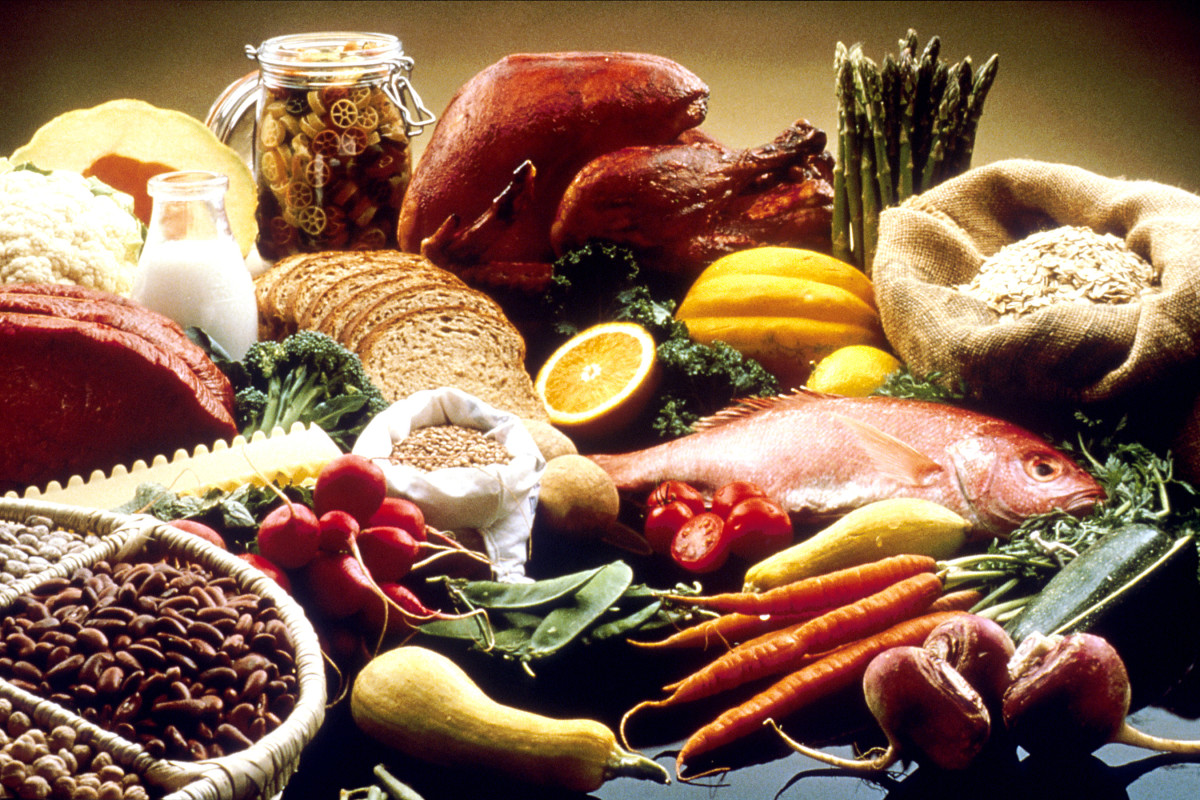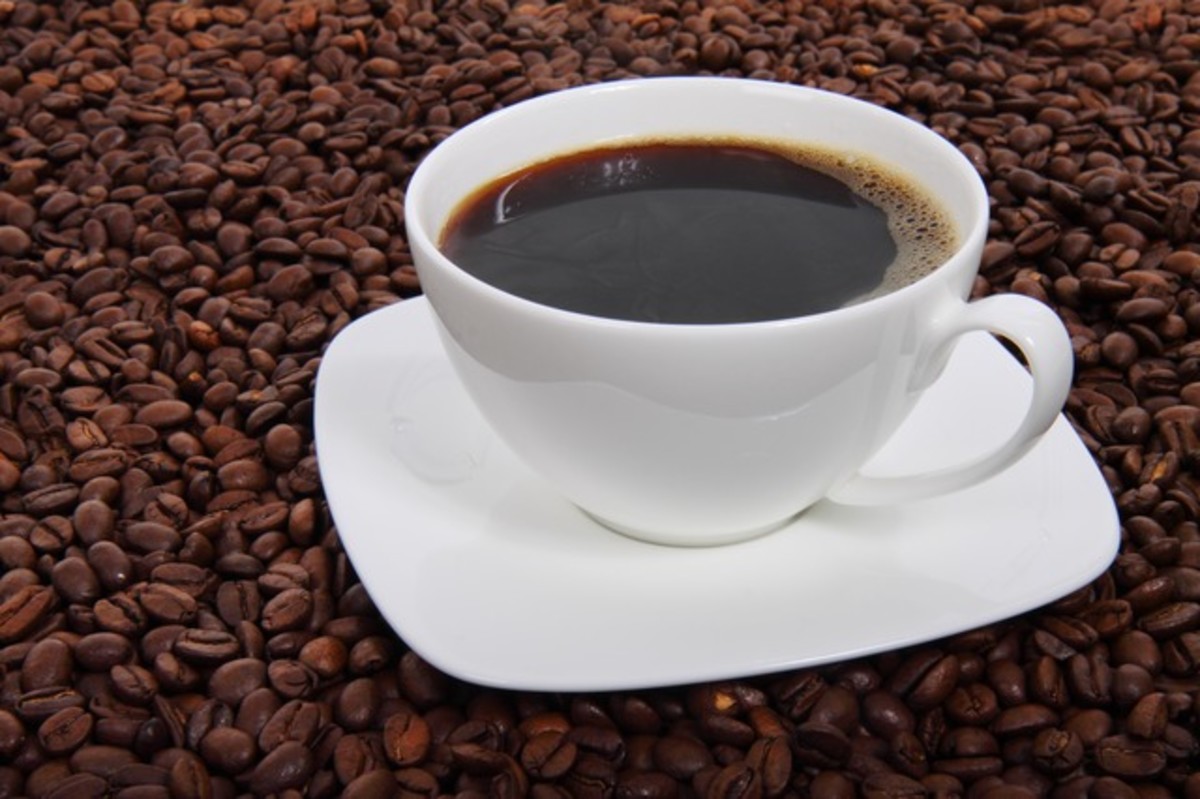Techniques to Improve Your Memory
Training to Improve Your Brain Power
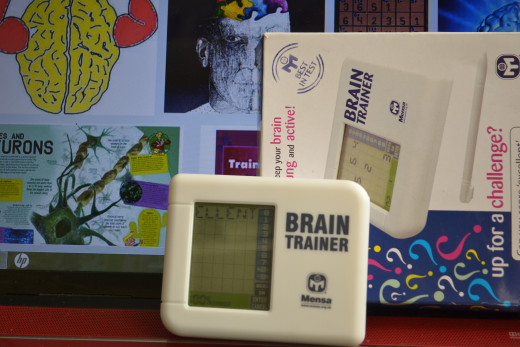

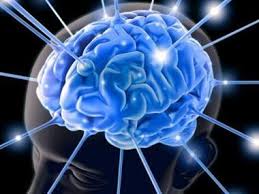
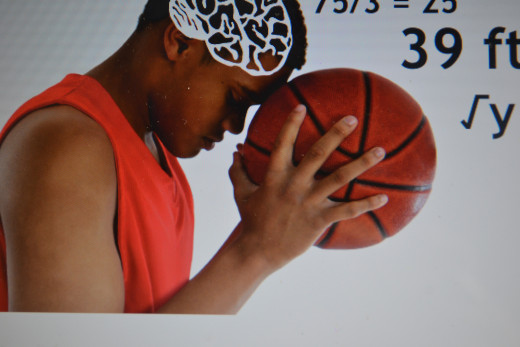

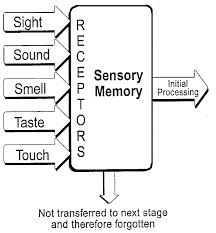
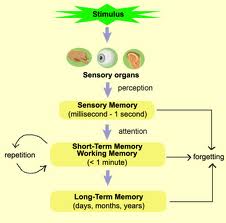
Techniques to Improve Your Memory
When we lose our memory, we lose part of who we are, our ability to retain information may lessen as we grow older, it can be affected by the process of diseases. However, in many cases, there are techniques we can employ to sharpen and improve our memory.
Memory is all we are. Moments and feelings, captured in amber, strung on filaments of reason. Take a man's memories and you take all of him. Chip away a memory at a time and you destroy him as surely as if you hammered nail after nail through his skull.” Mark Lawrence, King of Thorns
Memory in psychology is defined as “the process in which information is encoded, stored, and retrieved. Encoding allows information that is from the outside world to reach our senses in the form of chemical and physical stimuli.” (Wikipedia).
Memory is how the brain recalls information from the past, it usually falls into three categories:
- Sensory
- Long term
- Short term.
We acquire new information that we consolidate and store within the brain for retrieval or recall for later use. But as we grow older, this process can become more challenging.
Memory loss, also known as amnesia, occurs when an individual loses the ability to retain certain information that they would normally be able to remember.
Memory Loss And Aging
The world's population is continuing to grow older, according to recent statistics, by 2050, over 1/5 of the US population will be 65 or older, study suggests that life expectancy will surpass 100 in some industrialized countries by the second half of this century.
World population is aging rapidly, Japan, (23% over 65), Germany (20.5%) Italy (20.4% ) U S (13%. ). Countries like Iran, Vietnam, Mexico, India, and South Korea are showing the fastest rate of change in population age.
The social and economic ramifications will be a shrinking labour force and a large part of the nation's budget diverted to health care. The challenge for the future is how individuals can reduce the rate of decline in old age. For people who can remain healthy and mentally active, brain function need not decline with age.
Research shows that a lifetime of active learning, intellectual stimulus and levels of education can help to prevent or delay conditions such as Alzheimer's. While a degree of deterioration in short-term memory is not uncommon in the older population, keeping the brain active can slow down changes due to the aging process.
New research published in an American Academy of Neurology online issue of the medical journal of Neurology, suggests that reading, writing, and other brain stimulating activities could preserve memory irrespective of age.
It is encouraging to know that by using our brain for as long as possible we can preserve more of it, a case of "use it or lose it."
Brain scan technology shows that aging can cause changes in the brain. These changes do not prevent us from living a full and active life. Age-related memory loss may be an inconvenience, even embarrassing at times, most of us know how silly we feel when we forget the name of someone we really ought to remember. However; memory loss can also be a symptom of some serious conditions. Therefore; before dismissing memory loss simply as a side effect of aging, it would be prudent to get a medical check. A thorough medical examination will help to exclude potentially dangerous conditions.
Cognitive Function
Cognition refers to the mental action of acquiring knowledge and understanding through experience and the senses, remembering, perceiving and thinking.
Cognitive abilities are said to be at the greatest in our 30s and 40s; it remains at this level until the late 50s and 60s and then declines to a small degree. However; the effect of these cognitive changes is not typically apparent until around the age of 70, with wide variations in abilities.
A study performed over the period of a lifetime found that by age 81, only 30 to 40 percent of the participants demonstrated a significant decline in mental ability, 2/3 show a small decrease, and only in particular skills.
The brain is an incredible feat of engineering, it may never completely divulge all of its secrets, but some we know. We all have memory lapses, we all forget things now and again. We know that growing older means we will lose some of our capacity to remember and retain certain information.
In some cases, there are changes in thinking skills, as a result of aging, but this does not necessarily progress to dementia and Alzheimer's.
Older people often have trouble remembering things like telephone numbers; they'll often misplace objects such as door keys, wallet, and spectacles. My husband repeats a little ditty before going through the front door on his way to work, “ testicles, spectacles, wallet, and watch.” The ditty used to be funny; now it's a necessity. It can also be useful for remembering the sign of the cross.
Memory loss can be a scary thing, especially when experienced for the first time. It is not only frightening for the person who is directly affected, but also for loved ones who may fear the worst, and jump to the conclusion that the memory loss is due to dementia or Alzheimer's when it is rarely the case.
Most people who are experiencing memory loss, often hesitate before contacting their GP, the reluctance to consult a doctor about memory problems is because they are afraid that they will be diagnosed with Alzheimer's or in some cases, that they may be fobbed off as getting old. However, there are many conditions other than age and Alzheimer's disease that can cause memory loss, they include:
- Depression
-
Stress
-
Anxiety
-
Alcohol can cause memory loss, especially when combined with certain medication
-
Medications such as sedatives and some anti-Parkinson's drugs, a combination of medications can result in confusion and can cause memory loss
-
Head Injuries
-
Stroke
-
Brain haemorrhage
-
Brain tumour
-
Vitamin B1 (thiamine) deficiency, common in alcoholics
-
Vitamin B12 deficiency, common in older people, require for healthy nerve and blood cells
Underactive thyroid (hypothyroidism) this condition slows down metabolism, can impact on thinking process and memory.
Memory Improving Techniques
A healthy body is a healthy mind, when we protect the brain by maintaining habits that are health promoting such as sufficient sleep, good nutritious diet, proper hydration and plenty of exercises, we not only gain a healthy body but we can also improve memory.
Memory Improving Techniques includes:
-
Get Enough Sleep, Insufficient sleep may cause forgetfulness. The National Sleep Foundation recommends 7-8 hour of sleep for people above the age of 65.
-
Regular Exercise improves supply of oxygen and nutrition to the brain
-
Socializing, research shows that life with fun and friends can be beneficial to thinking and memory.
-
A healthy relationship, interacting with others is probably the best way to exercise the brain; relationships can stimulate not only our emotions but also the brain.
Humans are not very good at going it alone, research from the Harvard School of Public Health show that people with the most active social lives exhibited the slowest rate of decline in memory.
-
Pets, get a dog, dogs are very social, they are known to be able to help us reduce stress, encourages us to take regular exercise, and they do not judge or answer back. Well..not usually.
-
Laughter is the best medicine when we laugh we engage different areas of the brain. Psychologist, Daniel Goleman, author of
Emotional Intelligence, states that “ laughter...seems to help people think more broadly and associate more freely.” telling, listening, and working out the punch line to jokes will engage the brain.
Learn to laugh at yourself, spending time with people who are fun relaxed and playful, can be beneficial, laughter helps us to produce more feel-good hormones. Emulating children can be good fun when it comes to playing they are the experts.
-
Reduce You Stress Levels
-
Eat Healthy diet to boost the brain
-
Work Your Brain
-
Mnemonic Devices, these are memory devices that help learners recall large pieces of information.
-
Pay attention
-
Involve as many senses as possible
-
Learn to Relate Information to what you already know
-
Rehearse information that you have already learned, connect new information to what you already know
-
Practice basic ideas, instead of memorizing, practice explaining the concept to someone in your own words
Eat Foods Rich In Antioxidants
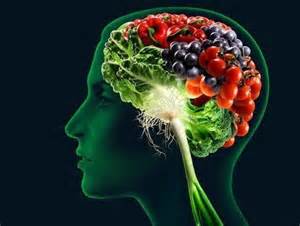
10 Tips for a healthy brain
- Do frequent mental stimulation exercises, I e. crosswords, board games, read, word puzzles, video games, hobbies
- Regular exercise can help to control weight and improve blood flow, nutrient and oxygen supply to the brain cells, it can improve mood and boost energy.
- Eat healthy diet, eat more fruits and vegetables, whole grains, nuts and oily fish
- Maintain hydration, drink approximately eight glasses of water or healthy fluids per day
- Maintain healthy range of blood pressure and cholesterol levels
- Slow down, take time to relax, give the brain time to process information more deeply
- Foster a positive attitude to life, a sense of purpose in life can contribute to longevity
- Stop smoking, reduce Alcohol consumption, these substances can impair cognitive process, reduce focus, attention and memory.
- Eat food rich in Antioxidants or take supplements
- Socialize and enjoy life, friends provide challenges, a chance to share experiences, they'll help to motivate and encourage engagement in new pursuits.
How to Improve your Memory By Eating The Right Foods
Foods for healthy brain and Memory; healthy eating tips
Eating the right type of food can improve memory, lift the mood and help concentration.
The average brain weighs approximately 3lbs, just a fraction of the total body weight, but it consumes about 20 percent of the daily calorie intake. A brain-healthy diet is essential to maintain the brain in good working order. The right food can boost memory, improve mood and keep the intellect sharp.
The brain and the rest of the body communicate through electric signals known as neurotransmitters (chemicals), and through hormones. However, for the neurotransmitter and hormones to function properly they must have the right nutrition.
A diet of oily fish three times a week will provide enough omega-3 oils, if not possible, a supplement can be taken, Omega-3 oil is also found in walnuts, pumpkin and flax seed it is an excellent brain food.
Eating regular healthy meals will help concentration, try three meals per day and snack on seeds, fruits and walnuts.
A key neurotransmitter is dopamine, also known as the feel good messenger. High levels of dopamine increase positive emotions like pleasure and enthusiasm, however, low levels can result in the opposite negative emotions like boredom, irritation, sadness and emptiness.
Sugary and fatty foods can cause a surge in dopamine levels, but unfortunately, a positive surge usually follows an equally sharp negative drop. Eating slow release protein-rich food can help to maintain dopamine levels.
Anti-oxidant nutrients are vital to prevent free radical damage to the fatty acid in the brain. Flavonoids like grape seed and bilberry extract can help to prevent inflammation.
B vitamins and betaine to prevent nerve damages caused by homocysteine. Manganese in diet or as a supplement may help to prevent Tau protein tangles found in Alzheimer's patients.
Q10 supplement to help delay mitochondrial (cell) ageing. Avoid products containing aluminium, do not cook acid food like fruits in aluminium cookware.
For concerns about memory loss: contact doctor or health care provider for an initial assessment. Information on family and medical history, lifestyle and symptoms will be taken to help identify the cause (s) of memory loss, and to get an accurate diagnosis. If necessary, a blood check can be done.
Lycopene in Tomato may help to protect against free radical damage to brain cells
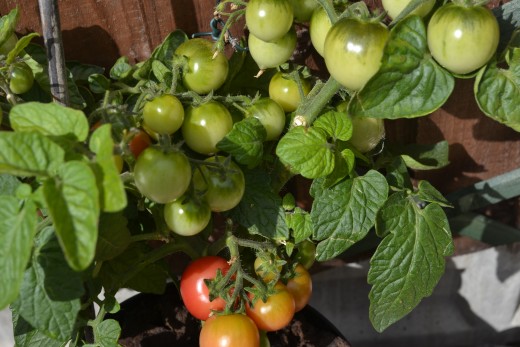
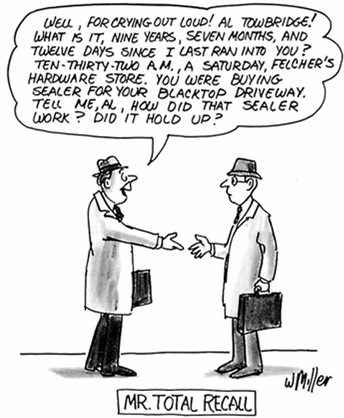
Boost your Memory, train your Brain
References
- ehstoday.org/cs/2012/how_companies_must_adapt_for_a.html
- mmoney.usenews.com/money/blogs/the-best-life-/2013/06/19/challenges-of-an-aging-american-workforce
- transhumanity.net/article/entry/keep-your-brain-young-tips-on-maintaining-healthy-cognitive-function
- parliament.co.uk/Ttemplates/BriefingPapers/Pages/BPPdfDownload.aspx.bp-id=sn03228
- Health Defence 2nd Edition/ Paul Clayton
- www.healthyworkplaces.info/wp.content/uploads/2012/10/emotional-intelligence.pdf



